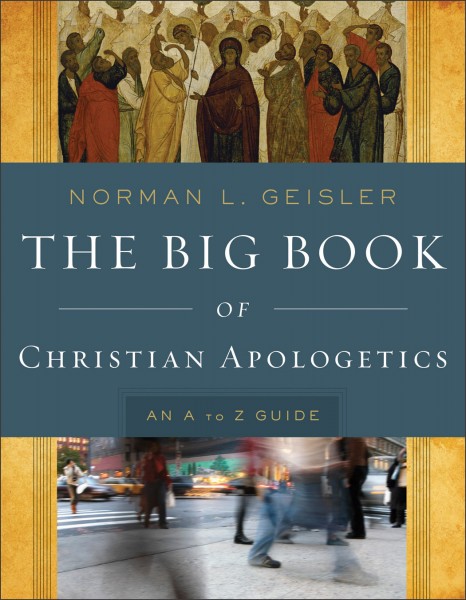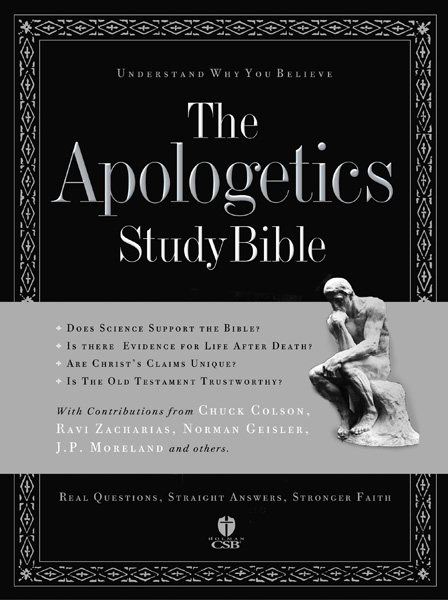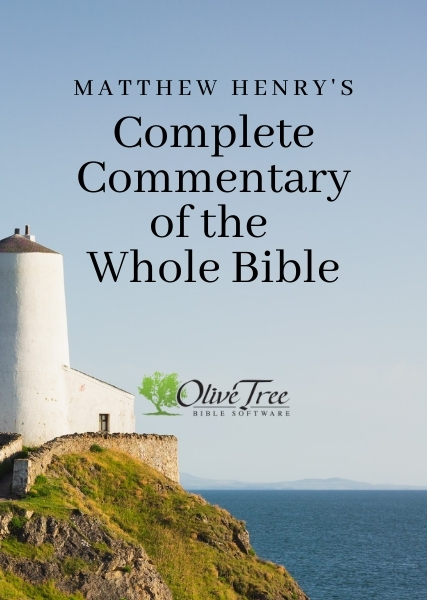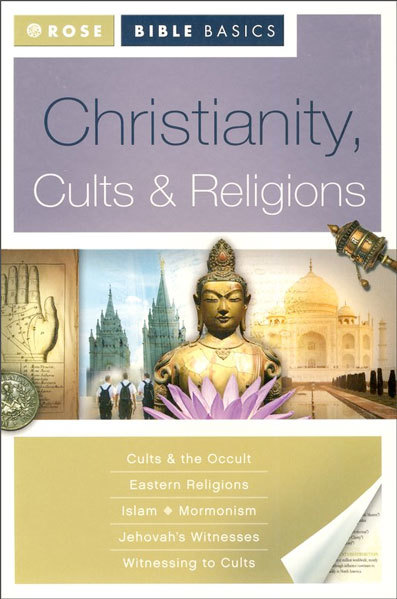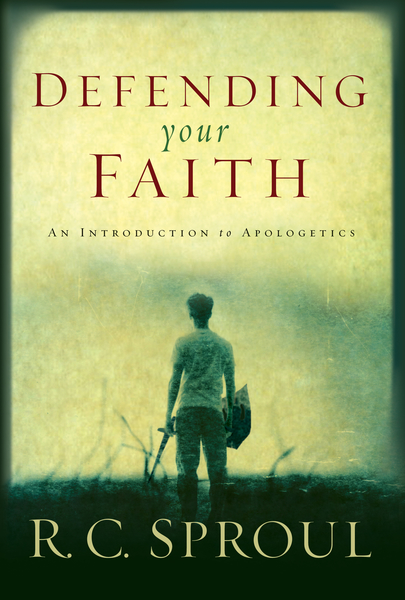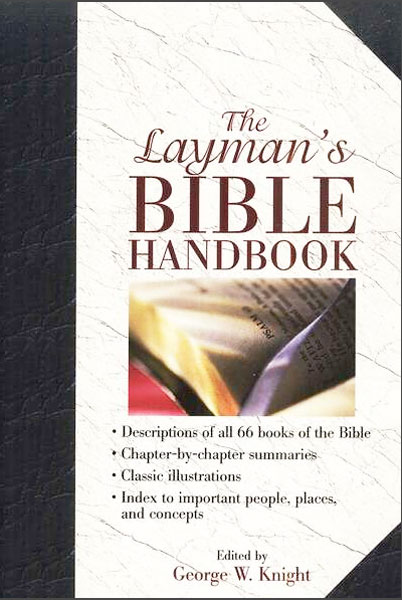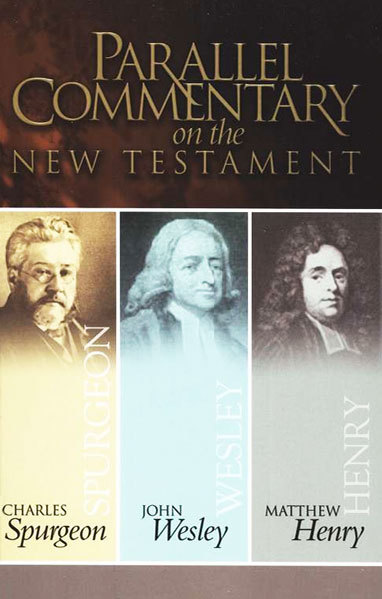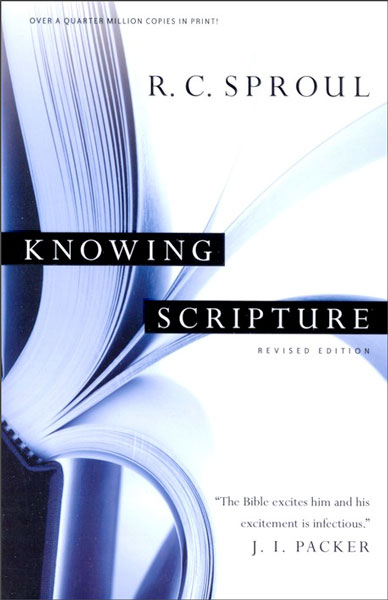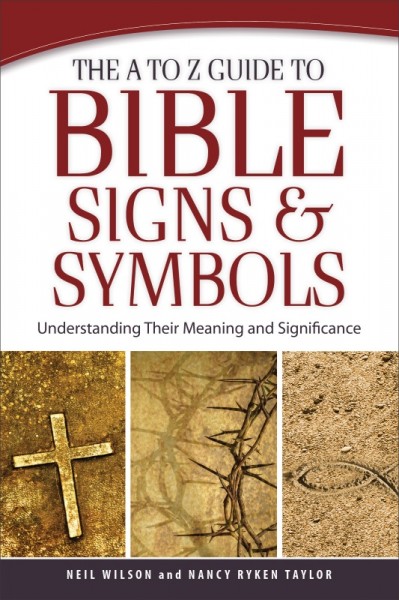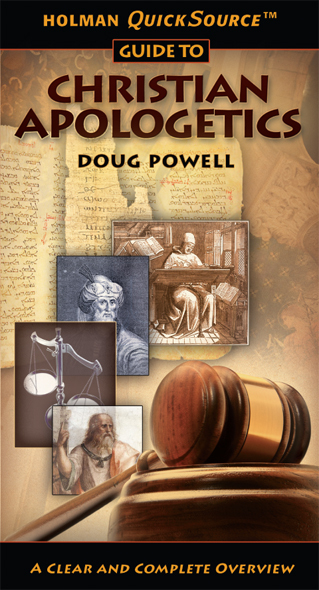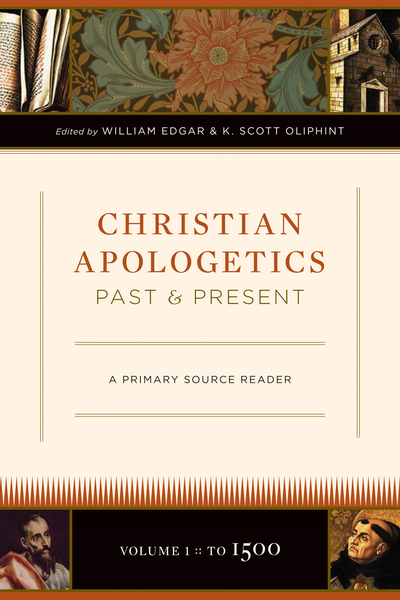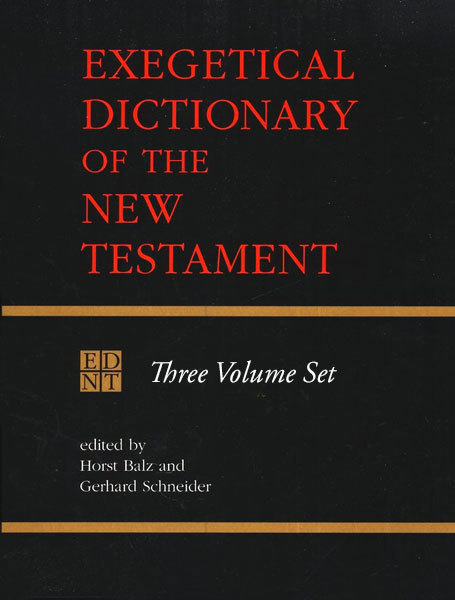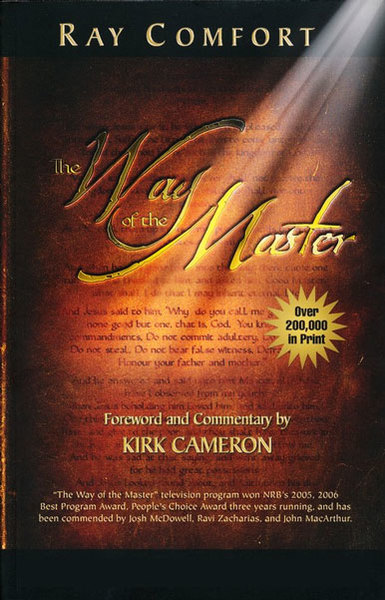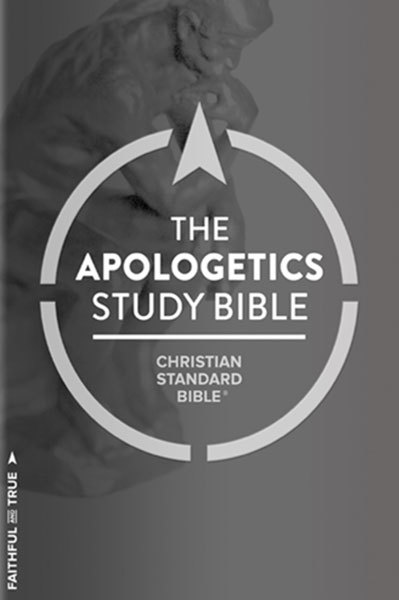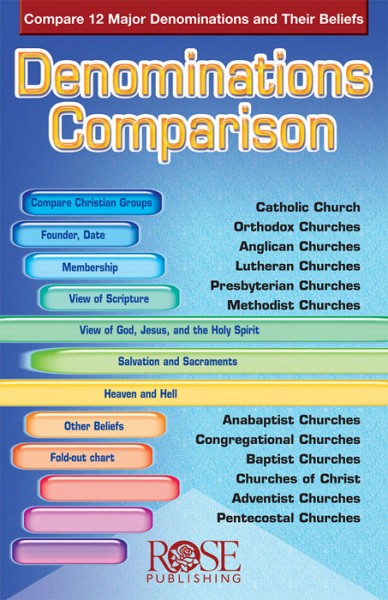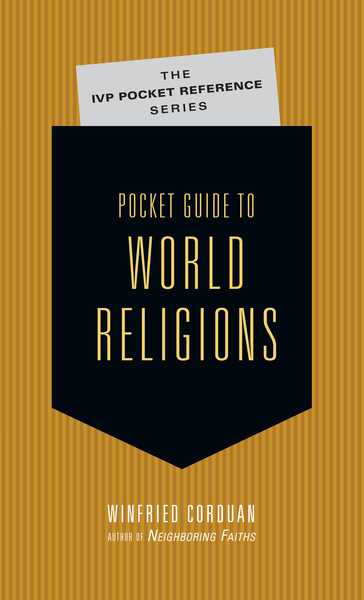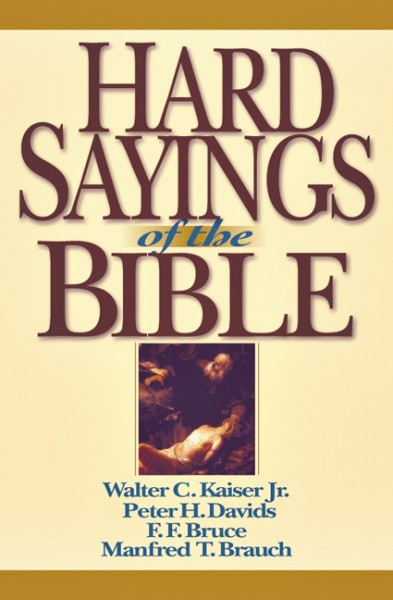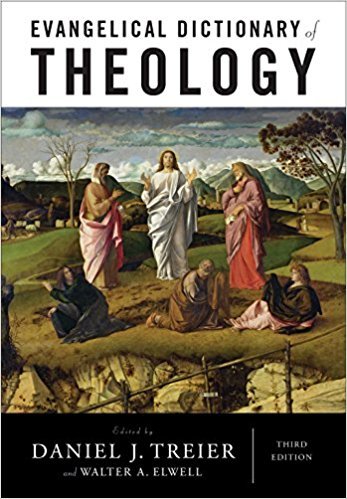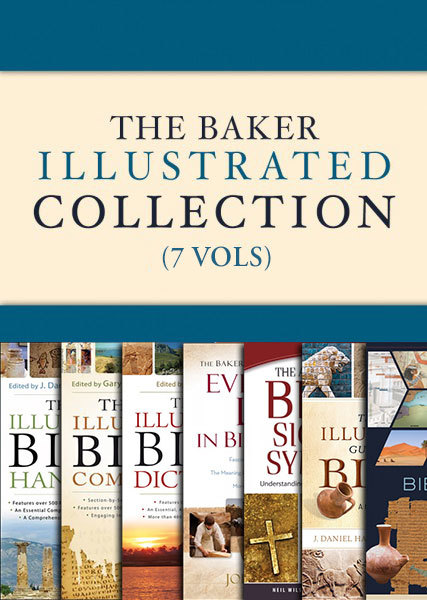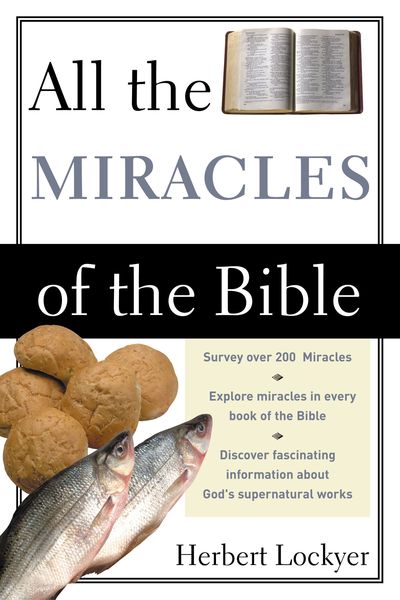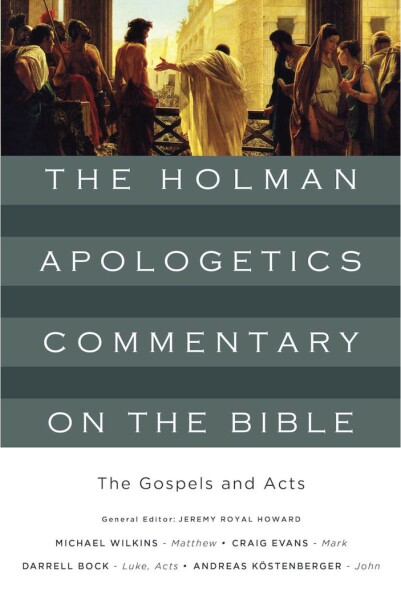


Pocket Dictionary of Apologetics and Philosophy of Religion

Pocket Dictionary of Apologetics and Philosophy of Religion
Definitions are the foundation of any philosophical pursuit, and they are just as important to Christian apologetics as they are to secular philosophy. This compact and concise dictionary defines over 300 of the most important, and sometimes controversial, terms, thinkers and movements in philosophy and apologetics. Useful for its brevity and directness, Pocket Dictionary of Apologetics and Philosophy of Religion will assist beginners and refresh scholars in this study.
- Terms, from a posteriori to worldview
- Apologists, from Abelard to Van Til
- Philosophers of religion, from Alston to Wolterstorff
- Movements, from analytic philosophy to voluntarism
- Apologetic arguments, from the cosmological to the wager
- Theologies, from Arminianism to Zoroastrianism
Text Sample
Logos. Greek term for "Word" or "Reason," used in the prologue to John's Gospel: "In the beginning was the Word." The Logos is thus a term for the eternal Son of God, the second person of the Trinity, understood as the agent of divine creation and the one who "illumines," or enlightens, human beings. Many early church fathers used this concept to justify a positive attitude toward Greek philosophy on the grounds that those who lacked the biblical revelation could still attain some truth because of the operation of Christ as the Logos in them.

